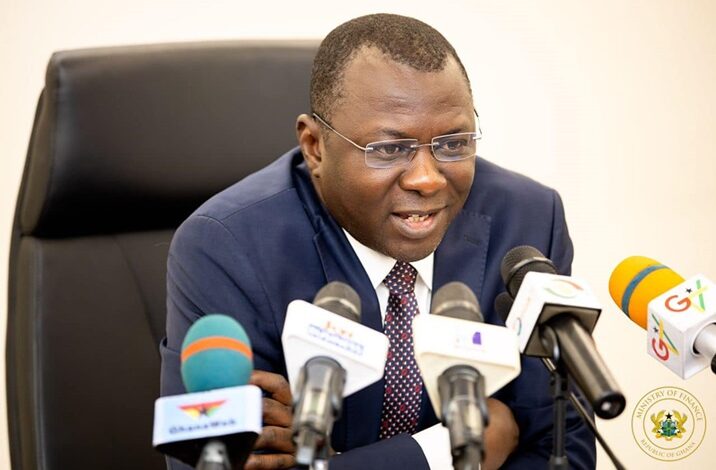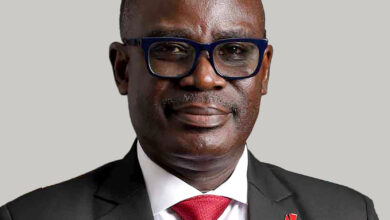Stay the course on economic reforms – IMF

THE International Monetary Fund (IMF) has underscored the importance of Ghana maintaining its steadfast implementation of the Economic Credit Facility (ECF) programme to achieve sustainable growth, poverty reduction, and debt sustainability.
Speaking at a press conference last Thursday, Director of the IMF’s Communications Department, Julie Kozack, commended both the Ghanaian government and the Bank of Ghana for their strong commitment to the ECF programme thus far.
Kozack praised the Finance Minister, Dr. Mohammed Amin Adams, for his continued affirmation of the government’s dedication to the ECF’s reform agenda. She noted that “steadfast policy and reform implementation are vital to durably restore macroeconomic stability and debt sustainability in Ghana,” emphasizing that consistent adherence to the programme’s policies is crucial for restoring the country’s economic stability.
Central to the discussions is Ghana’s ongoing debt restructuring efforts, a significant part of the broader economic reform strategy aimed at stabilizing the economy. The country has been grappling with a mounting debt crisis, and the restructuring process is key to ensuring long-term debt sustainability. The IMF’s ECF programme, which aims to help the country manage its public debt, has been integral to these efforts, alongside a mix of policy reforms.
Since signing the $3 billion, 3-year deal with the IMF, Ghana has received $1.6 billion in disbursements, the most recent being $360 million in July 2024. These funds have provided critical support for the country’s balance of payments, as the government continues to pursue its ambitious debt restructuring programme.
Ghana’s debt restructuring plan involves both domestic and external creditors, seeking to reprofile debt payments, extend maturities, and reduce the debt burden. The IMF has been closely monitoring these efforts, as debt restructuring is pivotal to restoring the country’s fiscal health. The government is working with multilateral organizations, international creditors, and bondholders to achieve a viable agreement that ensures the sustainability of its debt levels without undermining economic growth prospects.
The IMF acknowledged the positive outcomes of the reforms undertaken so far, with Kozack highlighting improvements in key economic indicators. For example, economic growth in 2023 exceeded initial projections, inflation has been steadily declining, and international reserves have increased. These achievements are partly attributed to the successful implementation of reforms under the ECF programme, which includes fiscal consolidation measures, improved revenue mobilization, and monetary policy adjustments by the Bank of Ghana.
However, despite these encouraging developments, Kozack emphasized that the road ahead requires continued commitment. “It will be crucial for the government to continue to implement the programme as envisaged,” she said, reiterating the importance of ongoing reforms to secure lasting macroeconomic stability.
The IMF’s focus on debt restructuring is a critical component of its collaboration with Ghana, as the country’s high debt levels have constrained public finances, limiting the government’s ability to invest in key sectors such as infrastructure, health, and education. Successful debt restructuring, alongside the ECF programme, is expected to provide Ghana with the fiscal space needed to support sustainable growth and poverty reduction in the long term.
As Ghana navigates its economic challenges, the IMF remains a key partner, offering technical assistance and financial support aimed at ensuring the country’s return to a path of fiscal discipline, stability, and inclusive growth.




